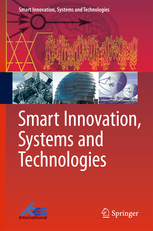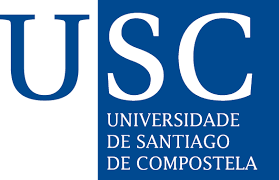III WDMB 2022 – 3rd Workshop Digital Marketing and Branding
WorkShop system for submissions
Description:
This workshop calls for research revolving around digital marketing and / or branding. Papers at the intersection of these two domains are especially welcome and we incentivize authors to take the overarching conference theme of technology in consideration in their submissions.
We aim at bringing together scholars interested in the ever-evolving dynamics of the digital world and their impact in marketing and branding theories and practices. An up-to-date knowledge on digital marketing and branding is essential to tackle the broader challenges that come together with connectivity, globalization, and the increasing use of technology in the management of organizations and in the markets.
Papers from marketing and other management areas are welcome. There are no paradigmatic or methodological preferences but papers should meaningfully advance current knowledge.
Participants may submit papers on the following topics.
- Digital Marketing Research
- Digital Marketing Strategies
- Digital Content Marketing
- Search Engine Optimization Strategies
- Mobile Marketing Strategies and the Influence on Customer Decision-making
- Social Network Sites and Social Media Marketing
- Digital Influencers
- Digital Consumers and eWOM
- Branding in the Digital Age
- Branding and Strategy
- Brand Online Experience
- Luxury Brands' Online Strategies
- Branding and Design
- E-commerce Branding
- Other topics converging with the workshop theme
Important dates:
Deadline for article upload: September 22, 2022.
Acceptance notification: September 30, 2022.
Registration: October 15, 2022.
Conference: December 1-3, 2022.
Organizers:
- Sandrina Francisca Teixeira (Politécnico do Porto. Instituto Superior de Contabilidade e Administração do Porto)
- Fernando Pinto Santos (IPAM - Portuguese Marketing Institute)
- Carlos Sá, (IPAM - Portuguese Marketing Institute), Lisbon
Academic coordination:
- Carlos Brito (Faculdade de Economia da Universidade do Porto, Portugal)
- Paulo Lencastre (Catholic University, Portugal)
- José Freitas Santos (CEOS.PP - Polytechnic of Porto, Portugal)
- Patricia Núñez Gómez (Complutense University of Madrid, Spain)
- Clotilde Perez (São Paulo University, Brazil)
Scientific Comittee:
- Ana Patrícia Lima (CEOS.PP - Polytechnic of Porto, Portugal)
- Arnaldo Coelho (Coimbra University, Portugal)
- Beatriz Casais (University of Minho, Portugal)
- Belém Barbosa (Aveiro University, Portugal)
- Carlos de Mello Brito (Porto university, Portugal)
- Cristela Bairrada (Coimbra University, Portugal)
- Daniel Martí Pellon (Vigo University, Spain)
- Filipe Coelho (Coimbra University, Portugal)
- Filipe Rodrigues (Lusófona University, Portugal)
- Helena Nobre (Aveiro University, Portugal)
- João Costa(Coimbra Business School, Portugal)
- Jorge Remondes (ISVOUGA, Portugal)
- José Freitas Santos (CEOS.PP - Polytechnic of Porto, Portugal)
- José Santos (CEOS.PP - ISPGaya, Portugal)
- Madalena Abreu (Coimbra Business School, Portugal)
- Miikka J. Lehtonen (Institute of Design and Innovation, Dubai)
- Miriam Salomão (IPAM, Portugal)
- Patricia Núñez Gómez (Complutense University of Madrid,Spain)
- Paula Arriscado (IPAM, Portugal)
- Paulo Cardoso (Fernando Pessoa University, Portugal)
- Paulo Lencastre (Catholic University, Portugal)
- Pedro Malta (NOVA University, Portugal)
- Ricardo Cayolla (IPAM, Portugal)
- Ricardo Melo (CEOS.PP - Polytechnic of Porto, Portugal)
Partners
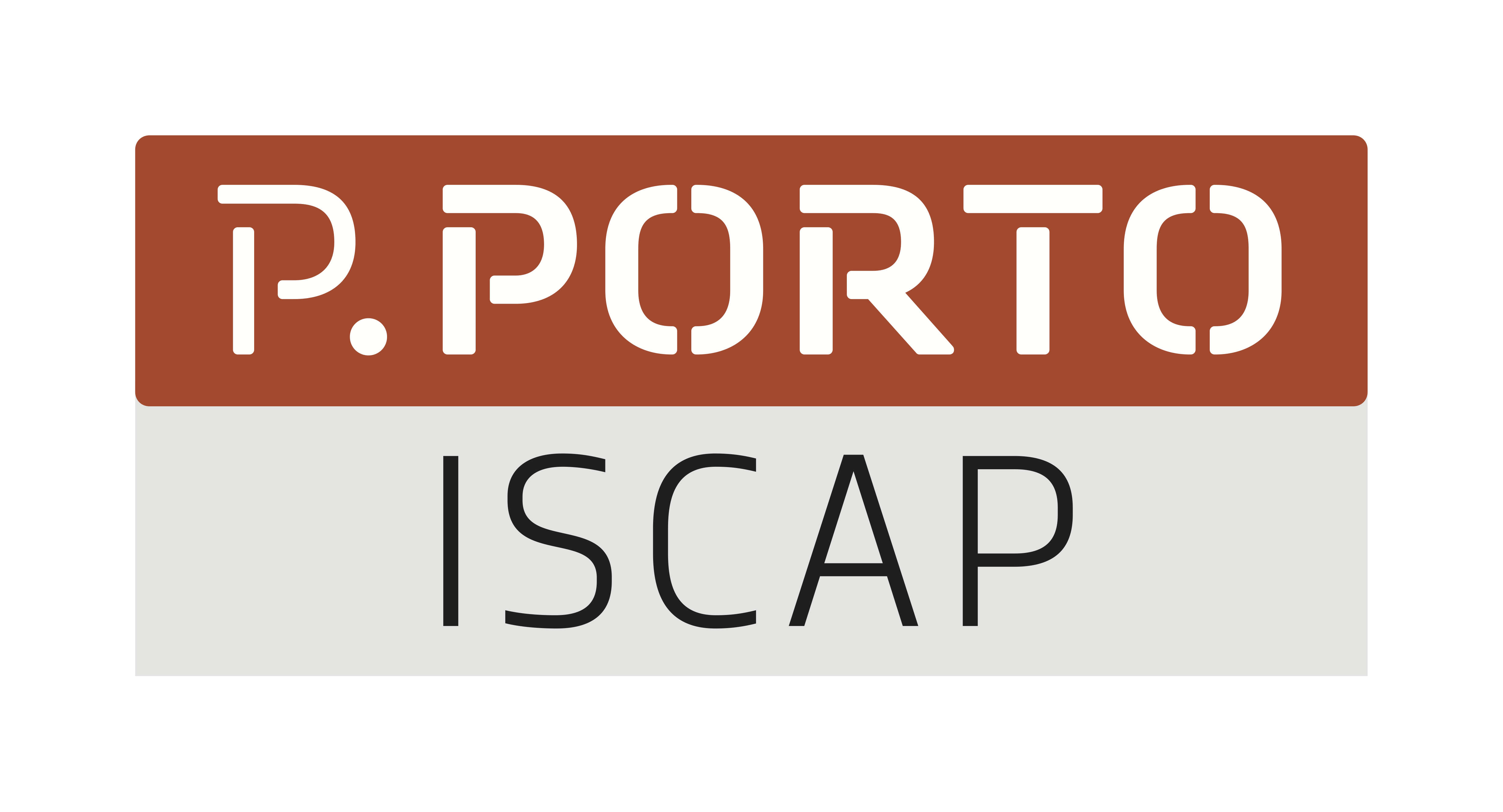 |
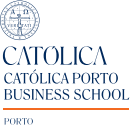 |
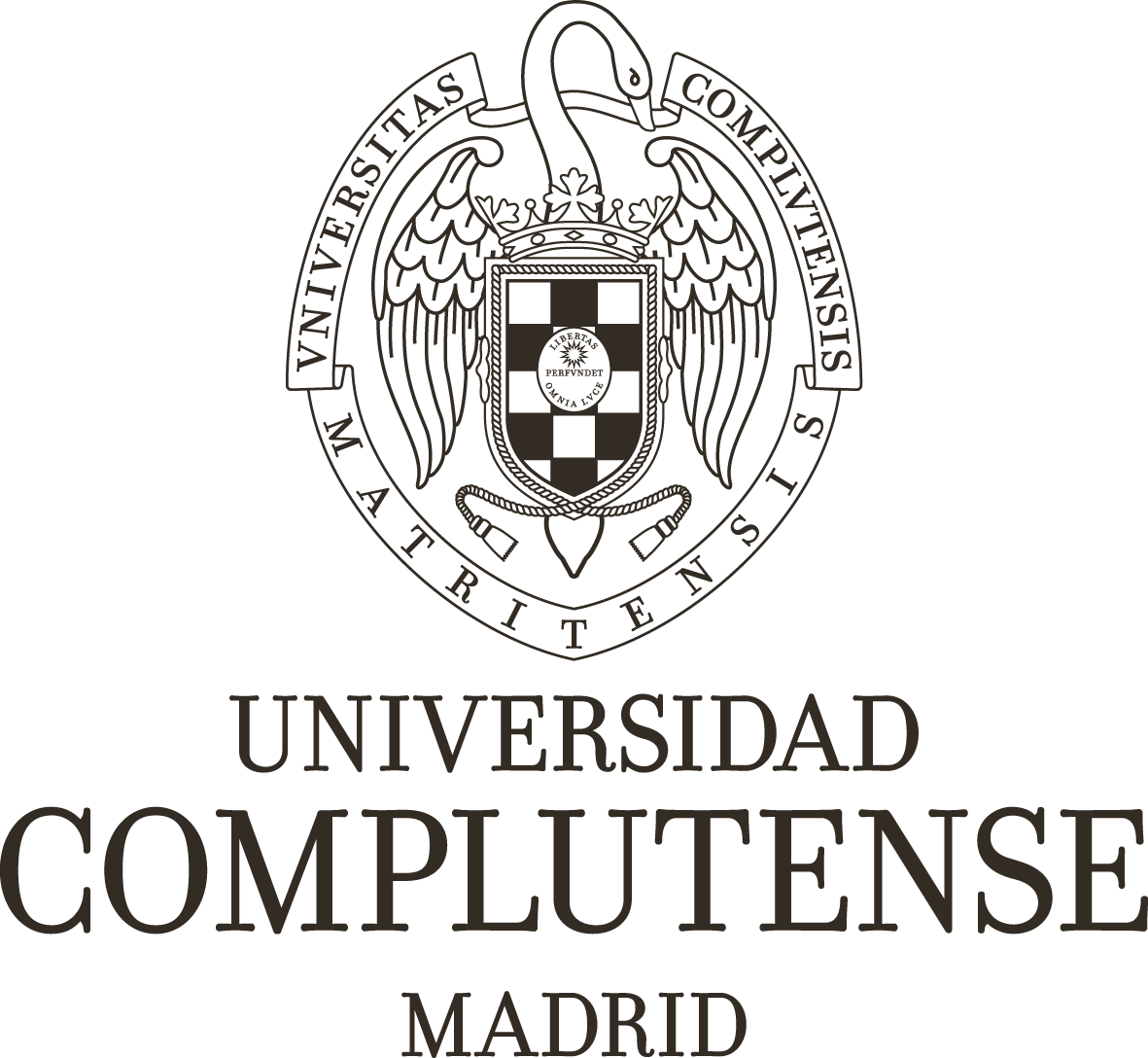 |
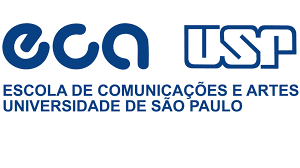 |
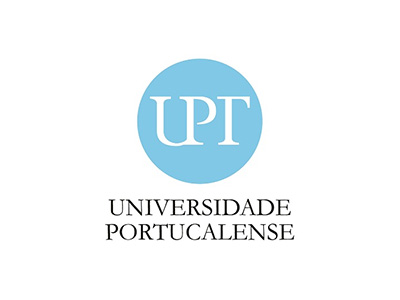 |








